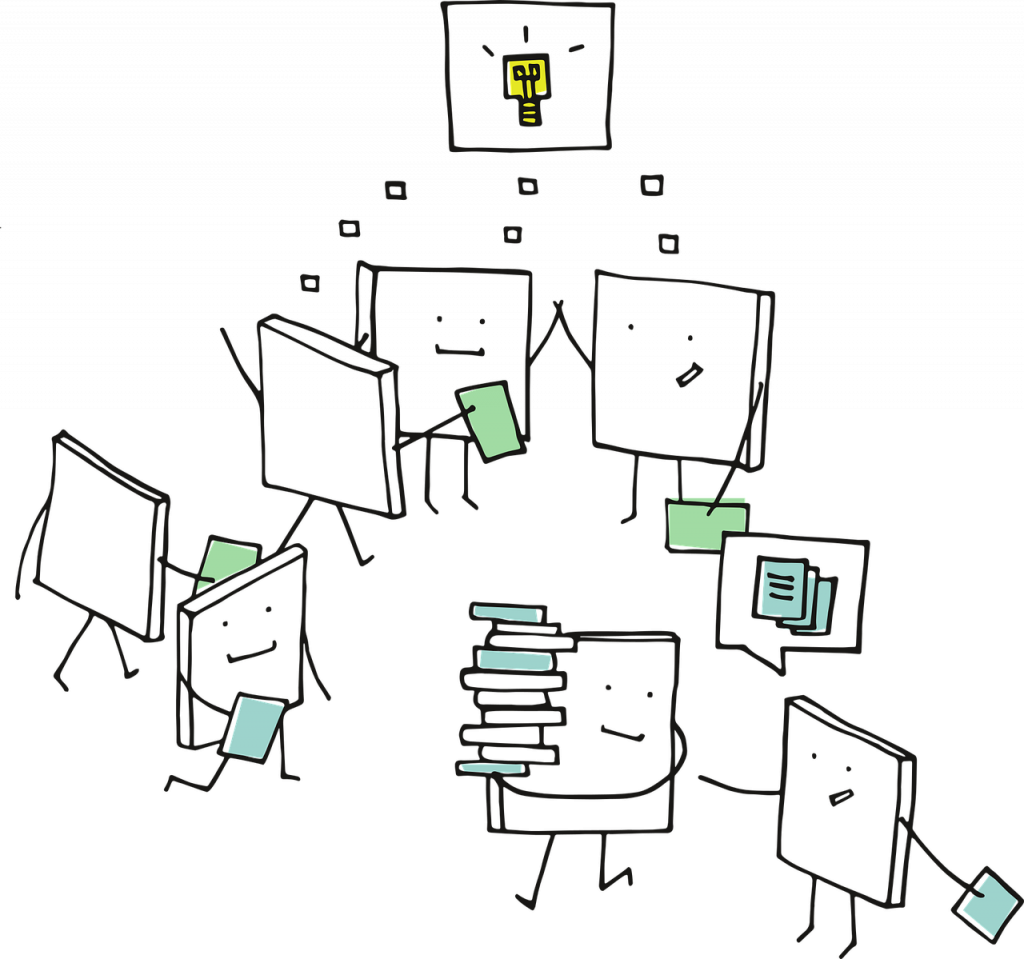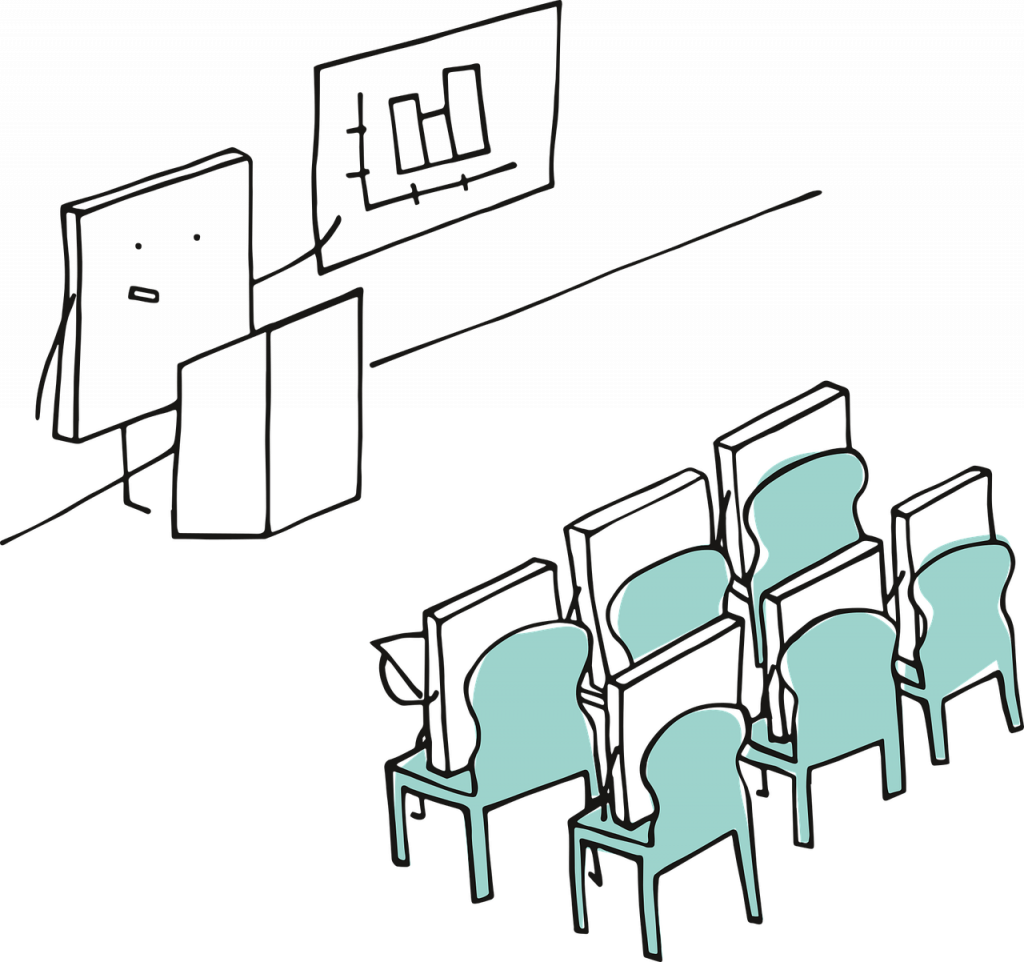BSA Conference
BSA 2025 Conference: ‘Practising Shakespeare: new collaborations, expanding horizons’
School of Arts and Creative Technologies, University of York
12:00 Wednesday 26th – 5:00pm Friday 28th June 2024
Follow us at @BSA_Conference
The next BSA conference will focus on ‘Practising Shakespeare: new collaborations, expanding horizons’.
The conference is organised by Ollie Jones, Tom Cantrell, Mark Love-Smith, Helen Smith, Brian Cummings, Freya Sierhuis and Jane Raisch.
The organisers are supported by the BSA’s Conference Team (José Pérez Díez, Maria Shmygol, Coen Heijes, Miranda Fay Thomas, Kat Hipkiss and Andrea Smith).
Overview
The complex relationship between text and performance is uniquely felt in Shakespeare Studies, and has been continuously reconstituted and reframed. Meanwhile, academic study and practice (both professional and amateur) often run in parallel but separate streams – a phenomenon often reinforced by handbooks on how to ‘do’ Shakespeare. These advocate resisting ‘academic analysis’ in favour of ‘exercises and approaches that can aid the acting and directing process’, a position which risks placing the two into an antagonistic relationship. Yet despite this apparent impasse, explorations which move across and between the spheres of research, practice and pedagogy have demonstrated the rich potential of collaboration and sharing approaches to early modern drama. As Shakespeare and his contemporaries continue to be explored and reinvented on stage, screen and new media, we ask what new horizons might Shakespeare Studies look towards in performance and practice? What challenges, by placing practice and performance as a central focus, must we confront, problematise, or solve when working with Shakespeare and his contemporaries? How might we continue and develop productive conversations and collaborations between teaching, practice and research?

The Call for Participation is open for submission
Submissions for the first Call for Participation is now open! Please see the CfP for more details here: https://www.britishshakespeare.ws/call-for-participation-first-round/

Past Conferences
2024
The 2024 BSA conference focuss on ‘Shakespeare’s Writing Lives’ and commemorated the 20th anniversary of the BSA’s journal, Shakespeare. It was organised by Deborah Cartmell (DMU), Gabriel Egan (DMU), Siobhan Keenan (DMU), Sarah Knight (University of Leicester), Lisa Hopkins (Sheffield Hallam), and Pete Smith (Nottingham Trent).
An archived version of the conference schedule is available here.
2023
The 2023 BSA conference took place at the University of Liverpool, and was organised by Dr Esme Miskimmin (University of Liverpool), Dr Katie Knowles (University of Liverpool) and Professor Emerita Elspeth Graham (Liverpool John Moores University), supported by the BSA’s Conference Team.
To read more about the event, please visit: https://www.britishshakespeare.ws/bsa-2023-conference-thank-you/
An archived version of the conference schedule is available here.
Future Conferences
The British Shakespeare Association welcomes applications from institutions to host future British Shakespeare Association conferences. This is the largest regular Shakespeare conference in the United Kingdom, bringing together researchers, teachers and theatre practitioners to share the latest work on Shakespeare and his contemporaries.
Further details and proposal form are here:

Like all BSA events, BSA conferences are expected to adhere to our Code of Conduct.
Typical session formats at BSA conferences:
- Paper panels (normally consisting of three papers of c.20 minutes in length)
- Seminars, which are led by one or more organisers and centre around a particular theme, invite participants to write short papers that are then pre-circulated within the group. It is customary for seminar leaders to invite their participants to share feedback on one another’s work, in order to facilitate a rich set of conversations and exchanges when the group meets during their session at the conference.
- Workshops are focused more on active or hands-on engagement with a given topic and normally do not require participants to write papers in advance. Some workshop leaders might invite their group to undertake other forms of preparation, such as reading, preparing (for) physical exercises, or watching clips.
- Roundtables, which address a particular topic or theme, normally bring together a group of speakers and take the form of a conversation or series of related short papers followed by dialogue between the speakers.

